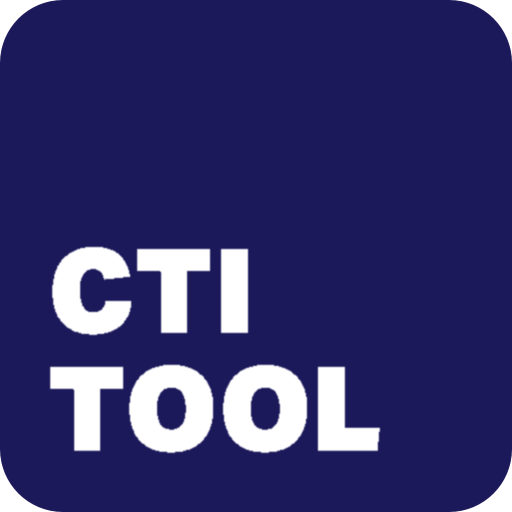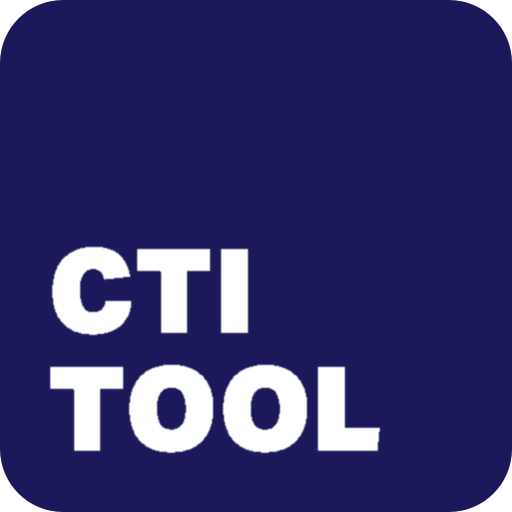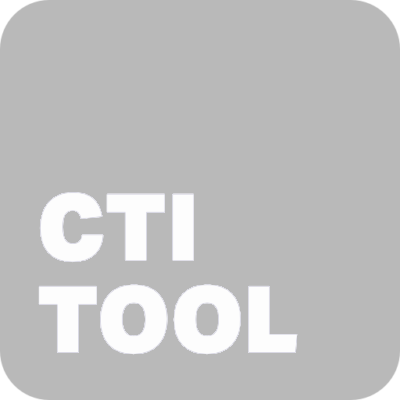How to Measure Sustainability with CTI Tool

The Circular Transitions Indicators (CTI) framework was developed by WBCSD and 30 of its members. CTI helps companies measure and improve their sustainability performance by providing a simple and sector-agnostic way to measure circularity and giving insights into how to reduce primary resource use and waste generation.
Circular IQ’s CTI Tool is the WBCSD endorsed software tool for effectively measuring CTI and leveraging these insights.
Circular IQ’s CTI Tool is the WBCSD endorsed software tool for effectively measuring CTI and leveraging these insights.
Introduction
Sustainability is no longer a buzzword; it’s a necessity. Businesses, governments, and individuals are increasingly focusing on sustainable practices to preserve the planet for future generations. However, the challenge lies in measuring sustainability effectively. This is where CTI Tool comes into play, offering a comprehensive solution for tracking and improving your sustainability metrics.
The Importance of Measuring Sustainability
Understanding how to measure sustainability is crucial for any organization committed to responsible business practices. It involves assessing various factors, such as carbon emissions, energy consumption, waste management, and social impact. These metrics are often categorized into Scope 1, 2, and 3 emissions, each representing different aspects of a company’s environmental footprint.
The CTI Tool Advantage
CTI Tool offers a robust platform that simplifies the complex task of sustainability measurement. Focussing on the most important lever businesses can influence: materials. It provides real-time data analytics, allowing you to track key performance indicators (KPIs) effectively. Whether it’s carbon accounting or assessing your supply chain’s sustainability, CTI Tool offers solutions tailored to your needs.
- Realtime data analytics : One of the challenges in measuring sustainability is the collection and analysis of data. CTI Tool offers real-time analytics, enabling you to make data-driven decisions promptly.
- Comprehensive KPI Tracking : From avoiding carbon emissions to water usage, CTI Tool allows you to track a wide range of KPIs. This is particularly useful for companies looking to align their sustainability goals with international frameworks like the United Nations Sustainable Development Goals (SDGs) and ESRS E-5 (the materials and circular economy chapter of) CSRD.
- Supply Chain Assessment : Your supply chain’s greenhouse gas (GHG) emissions can be 5 to 25 times higher than your direct emissions. CTI Tool helps you engage, influence, and collaborate with suppliers to improve the sustainability of their operations and avoid carbon emissions by increasing recycled content in your material flows.
Sign-up for a free account
Sign up for now to get a chance to win 1 month CTI Tool Premium subscription!
How CTI Tool Helps Transition from Linear to Sustainable Models
In a world where the linear economy is becoming increasingly unsustainable, CTI Tool aids in the transition to more circular models. By providing metrics that assess waste management and resource utilization, it helps organizations move away from the ‘take, make, dispose’ model, thereby contributing to a more sustainable future.
Conclusion
Measuring sustainability is a complex but essential task. With its real-time data analytics, comprehensive KPI tracking, and supply chain assessment capabilities, CTI Tool is the go-to solution for organizations committed to sustainable practices. Start your journey towards a more sustainable future with CTI Tool today.
Take the Next Step in Your Circular Journey
Ready to make the CEAP's ambitious visions a reality? Sign up for a free CTI Tool account today and take the first step in revolutionizing your approach to sustainability.
Contact Roy for more info
Book a meeting or connect via linkedin




